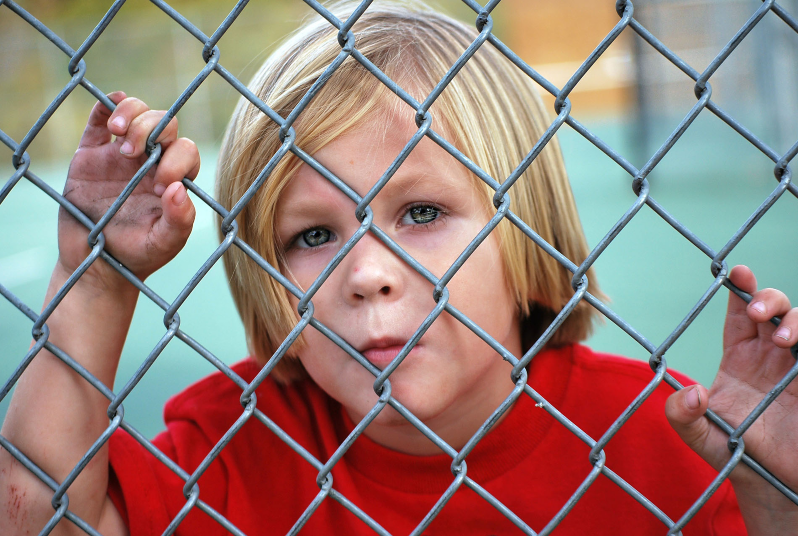
There is no question that it is a challenge to keep your cool when our children are unraveling. This can be especially tough with children who are over-run with anxiety. There are a few key things that can help everyone when we find ourselves in situations with anxiety that range from improving environments, how we can help ourselves, coping, thriving, and facing anxiety, fear, and challenges. Below you will find tips and strategies on what to do when a child is anxious or suffers from anxiety.
- Modeling Matters: If you, as a caretaker, struggle with anxiety, it may be a good idea to get evidence-based cognitive behavioral therapy (CBT) treatment with an adult anxiety specialist. How you care for your anxiety with help how your child perceives is the best way to handle situations.
- Intervene Early and Effectively: If you notice signs of anxiety in your child that may be interfering with their daily life, or is causing distress, seek CBT treatment with a child anxiety specialist. Waiting years to get answers and treatment can lead to problems with school, lack of friends and developing social skills, limiting independence development, unhealthy sleep patterns, lack of involvement outside of the home, substance abuse, and depression. Loneliness and low self esteem often become an issue as well. Many times anxious children do not get the help they need, and have already developed many issues. When they finally do get help, they often do not get the most effective treatment since many problems have already been developed. It is always best to catch this sooner than later.
- Acceptance and Empathy: Never invalidate what your child is experiencing. It is important to understand, and be more empathetic. Children often have a hard expressing their feelings. Step back, and take a moment to understand and accept. This will help you understand your child better in the future, even if what they are experiencing seems outlandish to you. This will help you both acknowledge issues and learn how to work through this more effectively.
- Do Not Promote Avoidance: It is difficult to watch a child suffer. Parents often make the mistake of allowing children to escape by avoiding situations that may cause anxiety. It is important to learn to remain calm in situations that cause distress. When a child is allowed to escape, it only reinforces the thought that the world is a scary place, and they are not able to cope effectively. Though it may seem like it is helping your child, it is not helping. It is critical that you change this pattern.
- Reward Brave Behavior: Though it is great to pay attention to the anxious moments, we must pay attention to the brave moments, too. We recognize what triggers anxiety, and we help children understand what is happening with their bodies, thoughts, and calming down with teaching children realistic thinking and coping. By rewarding calming thoughts in a step by step fashion we are helping enforce a pattern. We ask children to take part in what may terrify them, and we provide them with support, empathy, and coaching so they can learn to overcome their fears. children learn that they can do this without something terrible happening. We reward behavior that helps children learn to live life to the fullest free of anxiety. Exposure is an effective, important ingredient in the treatment of anxiety.
- Be Involved: It is critical to be involved for multiple reasons. It is important to learn what strategies increase and decrease anxiety, and to positively coach your child with anxiety management skills with situations those pose challenges, while not promoting avoidance. When you are involved you can use your understanding of your child to help communicate with schooling, family, friends, and other caregivers. A caregiver who is involved helps by letting a child know that there are people who care, and who are willing to help.
If you have questions about your child’s physical or emotional health, don’t hesitate to reach out to the best Southwest Florida pediatricians here at MacKoul Pediatrics. You can reach us at (239) 573-2001.
MacKoul Pediatrics is an amazing local pediatrics office in Cape Coral, FL where caring, compassionate doctors and nurses work with you to keep your children as healthy as possible. MacKoul cares for children from birth to college age, from Cape Coral, Fort Myers, Naples, and beyond.
March 21, 2018

![[IMAGE]](http://static.mackoulpediatrics.com/images/858_ncqa_logo_centered.png)

